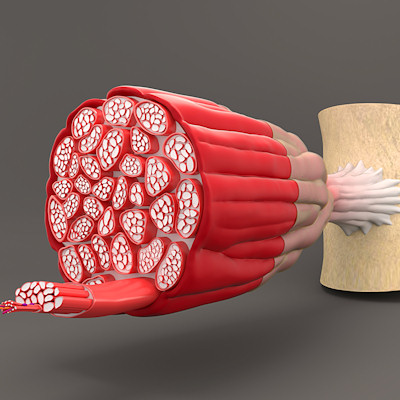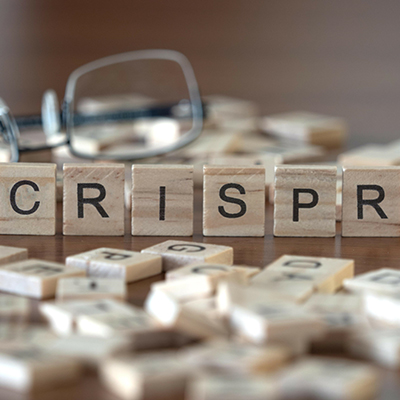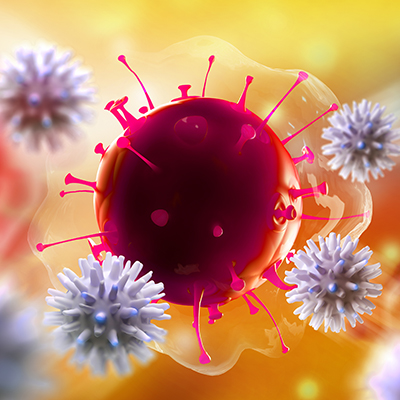June 22, 2023 -- Researchers have discovered a rare disease by running genetic, immunologic, and molecular assays in four patients.
Writing in the New England Journal of Medicine, international collaborators described work to understand the causes of unexplained symptoms. The study began with the identification of a defect in the DOCK11 gene in a young patient from Spain who had severe, unexplained inflammation of organs including the kidneys, intestines, and skin.
DOCK11 is involved in cell communication and was first identified as a potential driver of disease in the analysis of the patient from Spain. The discovery of the X-linked germline mutations in DOCK11 provided insights into the cause of the patient's inflammation but also raised further questions.
"Initially, we had only one patient and therefore did not know which symptoms were related to the gene defect and which were just additional accompanying manifestations. That was quite a challenge," Jana Block, first author of the publication and a PhD student at St. Anna Children's Cancer Research Institute in Austria, said in a statement.
Working with international partners, the researchers found three more patients with DOCK11 mutations. The mutations led to a loss of protein expression in two patients and impaired activation of CDC42, a protein involved in cell cycle regulation, in all four patients.
Further work showed that the DOCK11 protein is required for B cells to develop properly, validating the findings of earlier studies in mice, and linked its absence to the overactivation of T lymphocytes. The evidence led Block to conclude that the "protein appears to play a role in keeping the activation of T cells within a certain range." Overactivation of the immune system can lead to tissue and organ damage.
One of the patients had significantly reduced levels of red blood cells and required regular transfusions. In immune disorders, autoantibodies destroy red blood cells and cause anemia. However, the patient had no autoantibodies against red blood cells. The researchers explained the patient's anemia using a zebrafish model, which revealed the DOCK11 mutation can impair the formation of red blood cells.
Having discovered the disease and generated data on its causes, the scientists hope that other teams will build on their study and work toward the development of a treatment for the condition. Outcomes are poor currently, with three of the four patients dying during the evaluation, but hematopoietic stem-cell transplant may help. It is also possible that a gene therapy could cure the condition by fixing DOCK11.
Copyright © 2023 scienceboard.net










